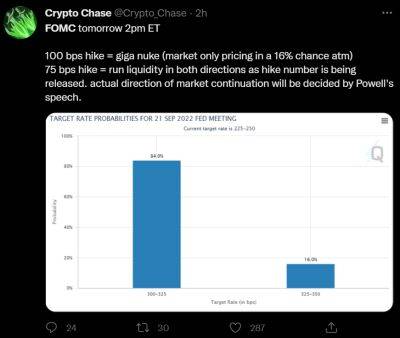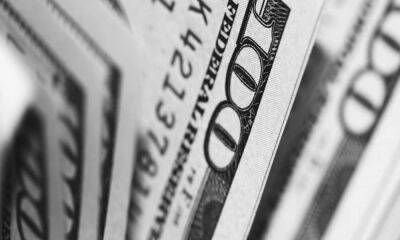Japanese Regulator Wants to Reform Crypto Tax Laws for Companies & Investors
Japan’s top financial regulator, the Financial Service Agency (FSA), has indicated that it is prepared to reform the nation’s tax laws that govern the way firms and their investors are taxed on their interactions with crypto.
The reforms are a response to the pro-IT sector growth drive instigated by Prime Minister Fumio Kishida, who has repeatedly stated that Web3-related industries have the power to spark an economic upturn. Kishida has also spoken out in favor of reviewing crypto-related tax laws this year.
Critics, including leading politicians – some from within the government – have suggested that many Japanese companies are seeking to relocate overseas due to restrictive tax laws, which seek to levy crypto as a form of income – rather than a capital gain for individuals. For companies, crypto is often levied under corporation tax laws.
The law also dictates that companies must pay tax on so-called “paper gains” – upward changes in tokens’ worth versus fiat. This means that, for instance, if a company were to issue a token whose worth then increased over the course of a year – even though the same company does not sell its tokens for fiat – it would be liable to pay tax on the increased worth of the token.
In other nations, companies might only have to pay taxes when they “realize” the worth of their coin holdings – i.e. sell them for fiat.
Per the media outlets CoinPost and Bloomberg, The FSA has also indicated that it wants to allow individual investors in crypto companies to enjoy tax breaks. Retail investors will also be buoyed by the news that the FSA wants to allow them access to the Nippon Individual Savings Account (NISA) tax break program – which could allow them to exempt up to USD 2,900 worth of assets from
Read more on cryptonews.com










